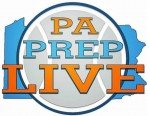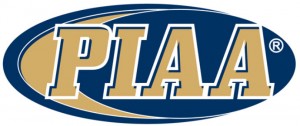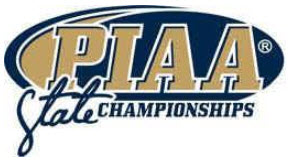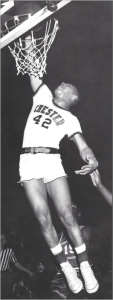
State Rep. Jake Wheatley Jr. (D-Pittsburgh) is concerned that the transfer rule adopted by the PIAA on Wednesday could adversly affect student-athletes of color and those in troubled school districts.
![]()

By Matthew DeGeorge
The rough triangle of Pennsylvania highways connecting the Penn Stater Hotel and Conference Center with the State Capitol and Pittsburgh’s Hill District takes about four hours to cover. But such was the importance of the story that State Rep. Jake Wheatley Jr. wanted to tell Wednesday that he was willing to endure the trek for just a few minutes on the floor.
The Democrat from the 19th District wanted to hear directly from the PIAA’s Board of Directors at its bimonthly meeting as to why this new layer of transfer restriction was so important. Why was it vital to include a postseason ban for the first season after an athlete has transferred from 10th grade and beyond? And before they made that choice, in the public comment section of the board meeting, did they grasp the burden that Wednesday’s action would impose on student-athletes, like those that had reached out to Wheatley?
“What’s behind the rule and who’s really going to be punished?,” Wheatley told The Daily Times and PaPrepLive.com. “I think it’s children of color and children who are going to be locked into bad schools in their districts. You’re putting another hurdle that kids have to jump through.”
Through the unique window of his constituency, Wheatley broaches a salient balance in the negotiations undertaken by the PIAA, both Wednesday and at large: How to weigh the rights of individual student-athletes with the imperative of competitive equity?












